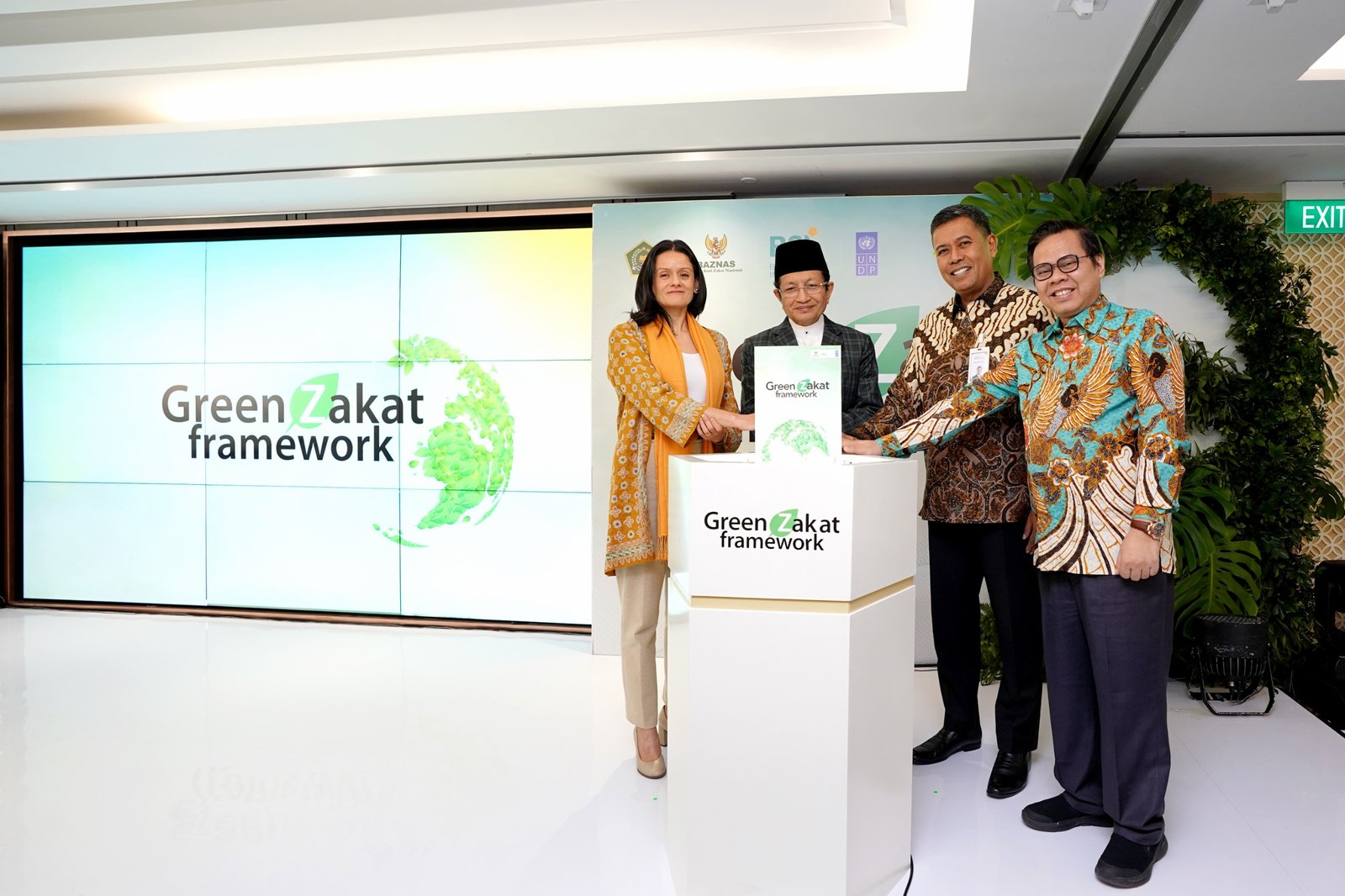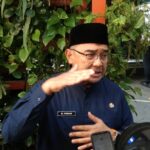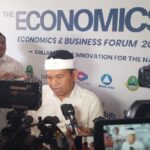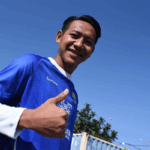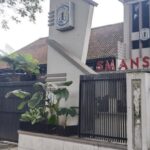PT Bank Syariah Indonesia Tbk (BSI) is strongly committed to driving the optimization of zakat and sustainable economic growth in Indonesia as one of the implementations of the government’s Asta Cita program, which includes strengthening national defense and resilience systems and promoting national self-reliance through a green economy, one of which is through the implementation of green zakat.
The support was emphasized at the launch of the Green Zakat Framework in Jakarta, alongside the United Nations Development Programme (UNDP) Indonesia and the National Amil Zakat Agency (BAZNAS).
The Green Zakat Framework is the world’s first strategic innovation and initiative created to integrate sustainability values into zakat practices. With the Green Zakat Framework, the utilization of zakat not only functions as an instrument for poverty alleviation but also as a tool to support environmental conservation and sustainable development.
It was stated: “BSI, in running its business and operations, always prioritizes programs that can provide benefit to the community and sustainability. The Green Zakat Framework is a solution expected to create broader collaboration among institutions and increase public interest in paying zakat, so that Indonesia’s zakat potential, which reaches Rp327 trillion, can be optimized and create broader benefits for the community.”
As of June 2025 (unaudited), BSI has distributed sustainable financing of Rp72.8 trillion, growing 19.3% year-on-year, consisting of green financing of Rp15.3 trillion (growing 14.5% year-on-year) and social financing of Rp57.5 trillion (growing 20.6% year-on-year). Green financing distribution is dominated by the sustainable natural resource management and land use sector, eco-efficiency, and renewable energy. Additionally, BSI is also active in distributing electric vehicle financing.
It was emphasized that accelerating sustainable financing supports the achievement of sustainable national development. This is a strategic part of the Bank’s role as an agent of change in sustainable business, preserving the environment, ensuring equitable economic growth, maintaining national competitiveness, and strengthening Indonesia’s role in facing the global climate crisis.
Sustainable programs carried out by BSI include launching green buildings, a one home one tree program for every home financing disbursement, building charging stations, and using electric vehicles for operations. BSI has also implemented the ISO 26000 standard to meet sustainability goals under the Sustainable Beyond Banking pillar and is a leader in the ZISWAF ecosystem for achieving sustainable development goals.
On the social side, BSI, which has distributed nearly Rp1 trillion in zakat from corporate and employee contributions, is also active in empowerment programs such as establishing assisted villages aimed at helping reduce poverty, providing RVMs to recycle plastic drinking water bottles, and other programs for the benefit of the community.
At this event, a panel discussion was also held titled “Institutionalizing Green Zakat and Green Waqf: Turning Ethical Finance into Environmental Action.” The discussion emphasized the importance of transparency, impact measurement, and long-term sustainability in environmentally based zakat management, involving government, religious institutions, Islamic banking, and civil society.
As of May 2025, the company has distributed Rp65.6 billion in zakat year to date. Various focus areas of distribution include Economy, Education, Health, Humanity, and Advocacy, with total beneficiaries reaching 240,075 people. Currently, more than 15,700 people have been assisted, especially through the BSI Village program, BSI Scholarship, and BSI SME Center.
With this green zakat initiative, the company continues to develop environmental empowerment programs utilizing zakat. Among these, the BSI Village and SME Center programs include environmental care activities such as installing solar panels, building greenhouses, waste management, marine ecosystem maintenance, and integrated waste management.

